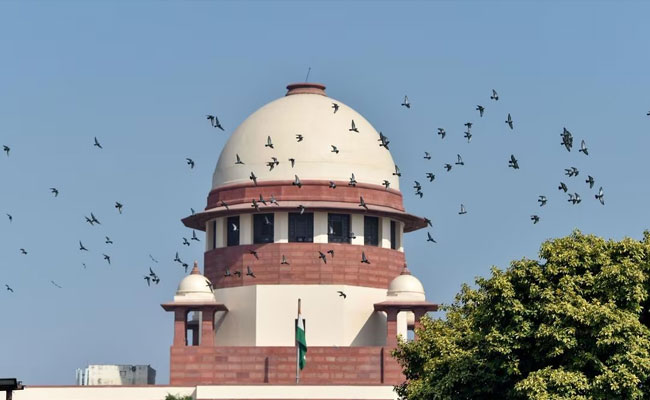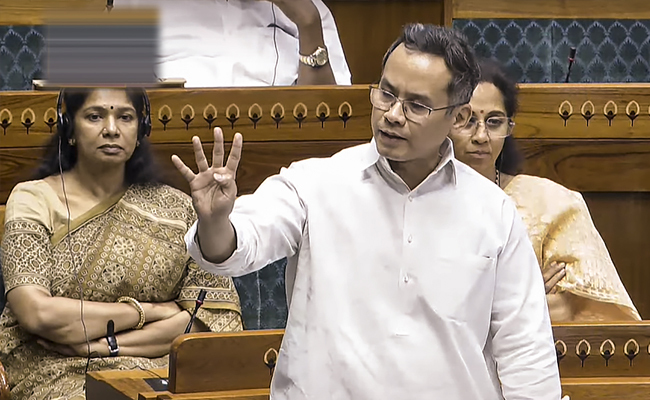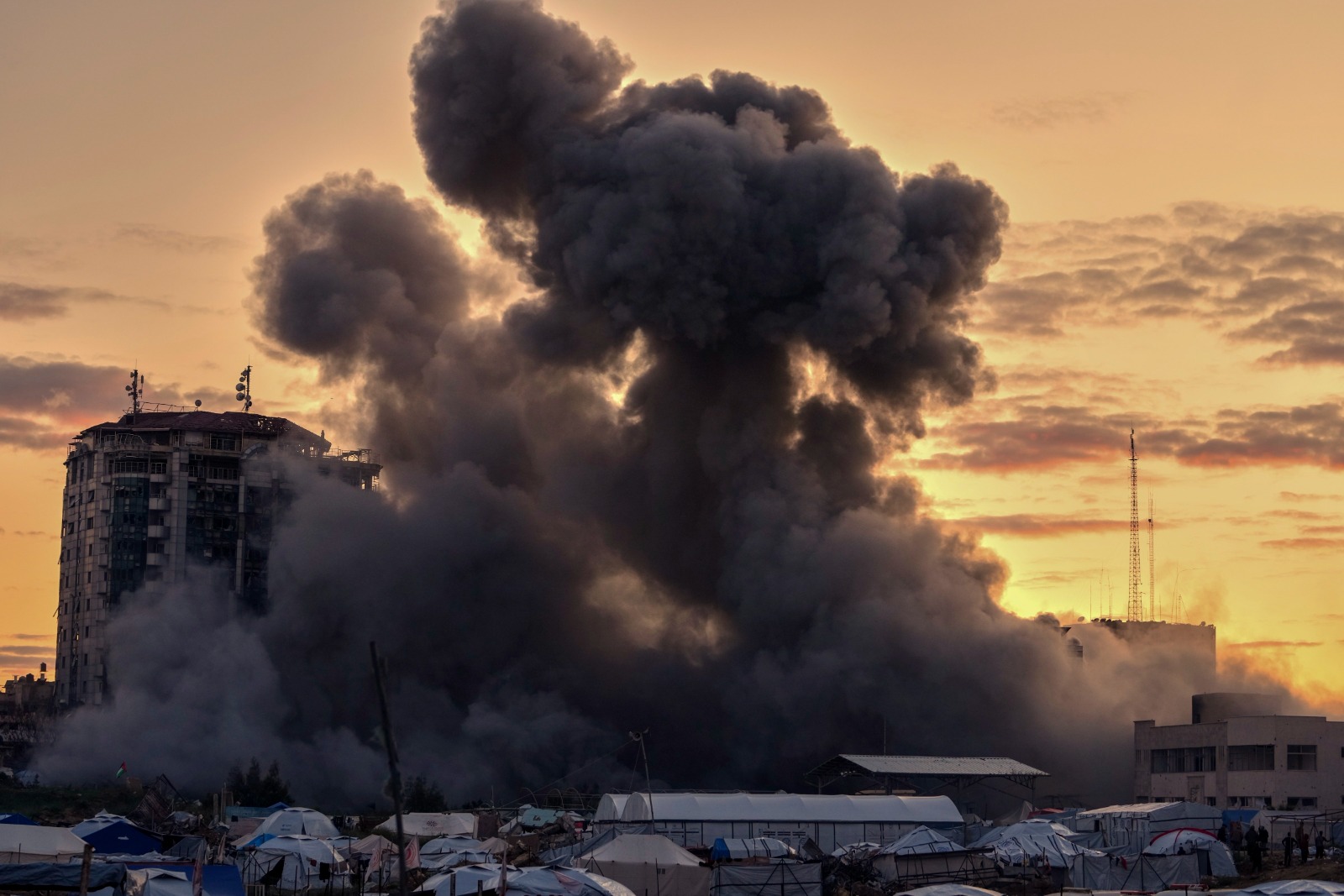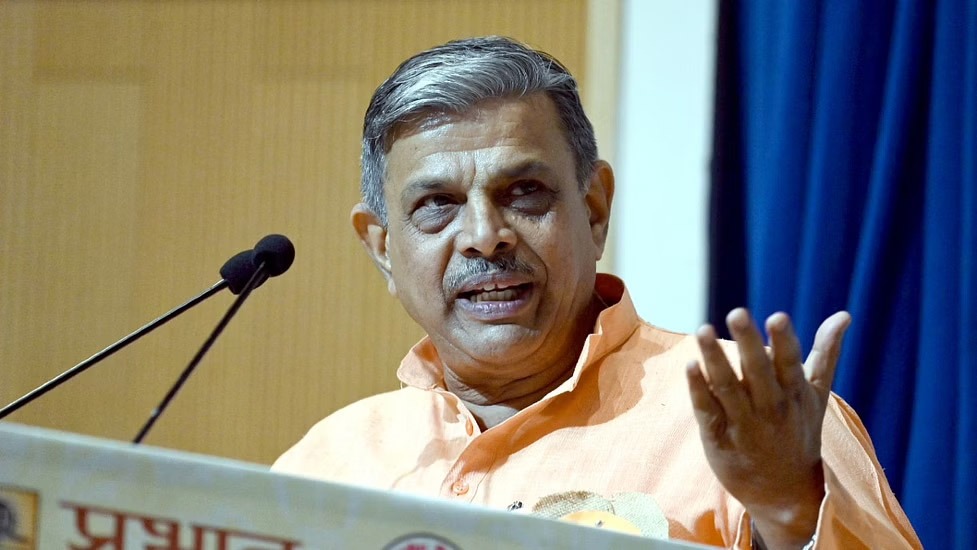New Delhi: The Supreme Court today granted bail to Amandeep Singh Dhall, a businessman and director of Brindco Sales Private Limited, in connection with the alleged corruption case arising from the Delhi liquor policy. With this order, all the accused in the case, including AAP leaders Arvind Kejriwal, Manish Sisodia, Sanjay Singh, and BRS leader K Kavitha, have now been granted bail.
A bench comprising Justices Surya Kant and Ujjal Bhuyan delivered the decision while addressing Dhall’s appeal against the Delhi High Court's June 2024 ruling, which had denied him regular bail in the CBI investigation. The bench noted that the Central Bureau of Investigation (CBI) had proposed around 300 witnesses, making it unlikely that the trial would conclude soon. Considering Dhall's 1.5-year custody period, the court found that his continued detention was unnecessary.
Dhall had earlier secured bail in a related money laundering case. Senior Advocate Siddharth Dave, representing Dhall, highlighted that all co-accused had already received bail except his client.
During the proceedings, Justice Kant urged the CBI to focus on achieving convictions rather than just securing detentions, stating, "The message to hardened, white-collar criminals is that they either remain inside or get away with no consequence. Your conviction rate needs attention."
Let the Truth be known. If you read VB and like VB, please be a VB Supporter and Help us deliver the Truth to one and all.
New Delhi (PTI): Congress MP Gaurav Gogoi on Wednesday said the INDIA bloc will oppose the proposed changes to the Waqf law and called the bill an attack on the basic structure of the Constitution with an aim to dilute its provisions, defame minorities, disenfranchise them and divide the Indian society.
Hitting back, former Union minister and BJP leader Ravi Shankar Prasad said when large number of Waqf properties are lying vacant and being looted, the government has all powers to bring a law to regulate it.
He told Gogoi that while he cited Constitution, he did not present a complete picture on its various provisions authorising government to bring laws on various issues, including Waqf properties.
Initiating the debate on the Waqf (Amendment) Bill, Gogoi accused the government of misleading Parliament, referencing past discussions on the matter.
"This bill is an attack on the basic structure of our Constitution, an attack on our federal structure, and has four primary objectives: to dilute the Constitution, to defame minority communities, to divide Indian society, and to disenfranchise minorities," he alleged.
"The claim that the 2013 UPA government did not act on this issue is false. Repeated allegations have been made," Gogoi said, questioning the necessity of the amendments.
He further argued that the bill had not been adequately discussed with minority representatives.
"In 2023, four meetings of the Minority Commission were held, and yet, there was no mention of the need for a Waqf amendment bill. I ask the government - was this bill drafted by the Minority Affairs Ministry or some other department?"
The opposition MP also raised concerns over Clause 3, which defines individuals practising Islam.
"Minorities are now being forced to prove their religious identity with certificates. Tomorrow, will people from other faiths also have to do this? This is against Article 26 of the Constitution," he said.
"Which community do you want to mislead? The same community that fought for India's independence? The community that sacrificed alongside Mangal Pandey in 1857? You want to tarnish the reputation of a community in which 2 lakh ulema were martyred? You seek to defame the community that supported us during the Quit India Movement? You want to stain the name of the community that supported the Dandi March on April 6, 1930?" Gogoi said.
"You wish to malign the community that opposed the British policy of divide and rule in 1926? You aim to taint the community whose leader, Maulana Hussain Ahmad Madani, demanded complete independence?" he added.
Gogoi also accused the government of spreading misinformation about the bill's impact on women's rights.
"There is an attempt to create the illusion that the existing law discriminates against women. In reality, the law already has provisions for the protection and empowerment of women, including widows," he said.
He also claimed that the Joint Parliament Committee did not take any suggestions of the Opposition into consideration.
Gogoi noted the reduction in revenue allocation from 7 per cent to 5 per cent, arguing that instead of reducing it, the government should consider increasing it to 11 per cent to strengthen the Waqf Board. He also claimed that provisions on imprisonment had been diluted.
"There is a clear attempt to take control of Waqf properties. Today, their eyes are on one minority group; tomorrow, they will target another. We support necessary reforms, but this bill will only lead to increased litigation and more problems," he said.
Countering the Opposition attack, Prasad said the church community is also in favour of Waqf amendment bill as churches too are facing the problem of encroachment by Waqf bodies.
He said the government cannot watch silently as corruption on Waqf properties continue unabated.
"Waqf is not a religious body; it is a statutory body. There are over 8 lakh Waqf properties, including schools, hospitals, and orphanages. Shouldn't there be a mechanism to ensure proper governance? The opposition is politically bound to oppose reforms, but they must look within themselves," he added.
Prasad said that the amendments were necessary to ensure transparency and fairness in Waqf administration.
"The Waqf Bill is about regulating properties, not about targeting any community. If the bill provides more representation to backward Muslims in Waqf affairs, why is the opposition objecting? If Waqf properties are being misused or illegally occupied, the Constitution allows for corrective legislation," he said.
Prasad said the Congress has over the years only paid lip service to the cause of minorities but did nothing to empower them.
He also referenced the Shah Bano case, accusing the Congress of undermining legal reforms for political gains.
"When the Supreme Court ruled in favour of Shah Bano, the Rajiv Gandhi government overturned the decision for vote bank politics. Congress had 400 seats then but never got a majority after that. Today, they continue to oppose necessary reforms for political reasons," he said.
According to the bill, trusts created by Muslims under any law will no longer be considered Waqf, ensuring full control over them.
Only practising Muslims (for at least five years) can dedicate their property to Waqf, restoring the pre-2013 rules. Also, women must receive their inheritance before Waqf declaration, with special provisions for widows, divorced women and orphans, the bill proposes.





